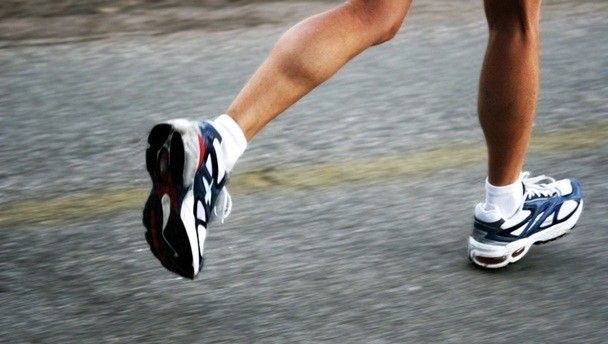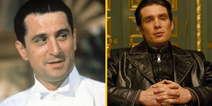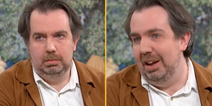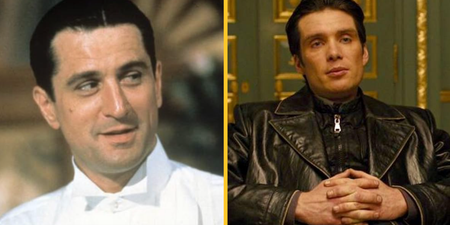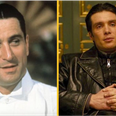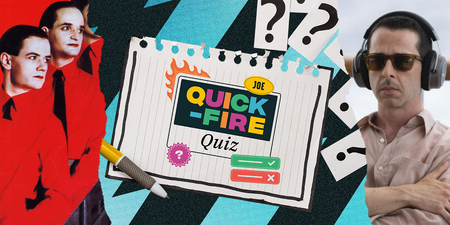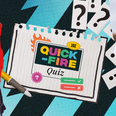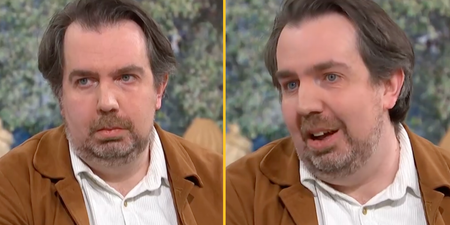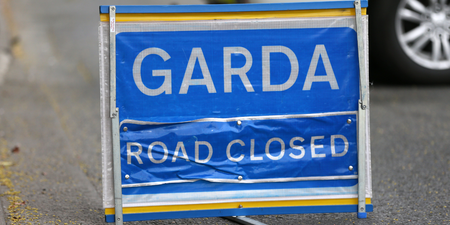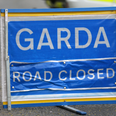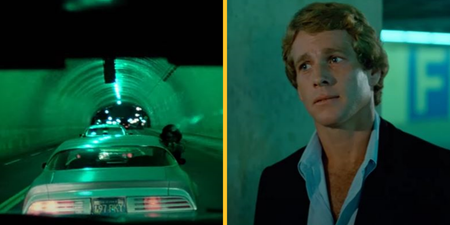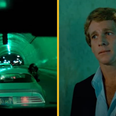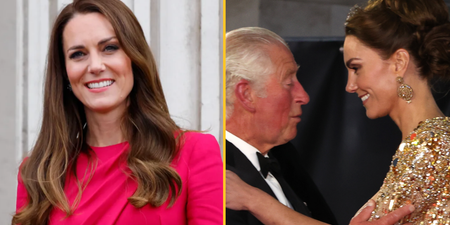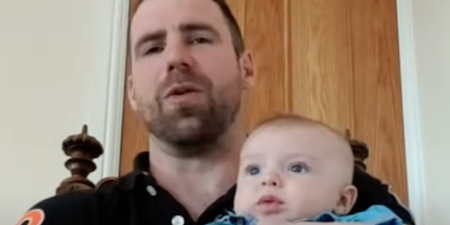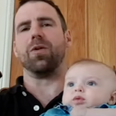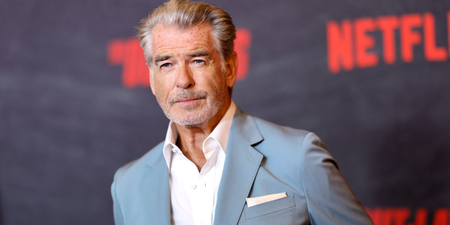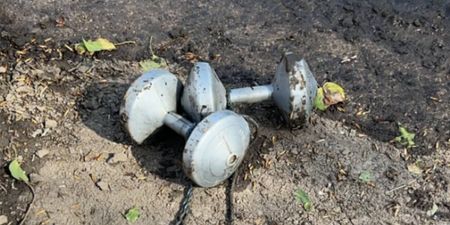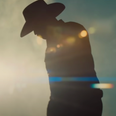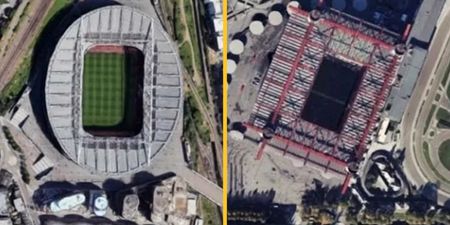This week JOE guides you through various race distances. With the 10km and half-marathon complete, next up is the marathon.
By Declan Whooley
Once you have the half-marathon under your belt, next up is the big daddy of running, the marathon. Well after you have spent ample time previously saying that you would never run a marathon, that it is ‘not your thing’.
Legend has it that the marathon and its 42km, or 26 mile distance, stemmed from the Greek soldier Pheidippides, who allegedly ran from the battlefield of Marathon to Athens to announce the defeat of the Persians in 490BC.
The soldier is believed to have delivered his story before collapsing and dying. It is highly unlikely you will succumb to the same fate. Not many of us modern-day inhabitants could face into a run after a day’s battle.
A marathon run is seemingly the jewel in the crown of running races. Everyone knows that completing it is a big feat, primarily as it scares the shi* out of so many.
Like anything, when you break it down, it isn’t nearly as difficult as it seems. In fact, it is only as difficult as you make it.
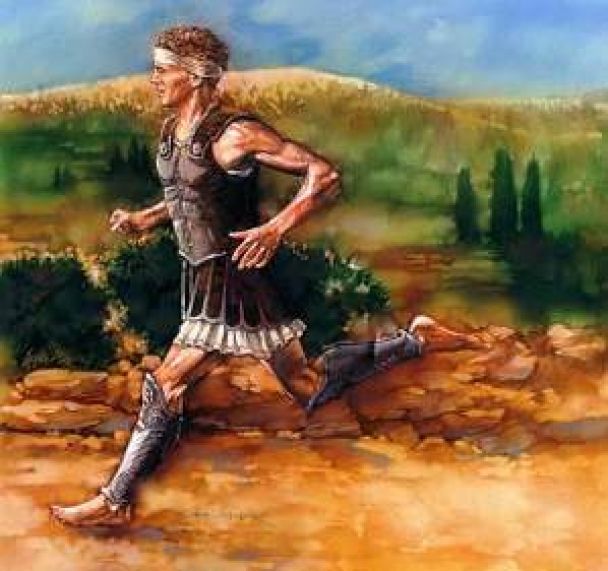
Pheidippides tearing road in Greece
If you have a time in mind like a sub three hour then training and dedication is required. I undertook my first marathon on the rugged, up and down scenery that is Connemara. I had little training – I had never run more than 25km – and my goal was just to finish. I walked parts and still managed to come in under four hours. It proved to me that the mental challenge often outweighs the physical one.
Rather than think of it as one race, I found it easier to break it into two. The first was to reach half-way at a steady pace, not going flat out, but a pace slightly faster than I had in any training/previous run. This is not difficult with so many fast runners around.
The most difficult part is knowing when to accept that the pace is too fast. Going too fast for a couple of kilometres will have a detrimental effect in the second half of the race.
Once the half-way point is reached, you can console yourself by telling yourself you are closer to the finish than the start. Talking to oneself may seem odd, but if it gives you that extra pep in your step, get blabbering.
The final quarter of the race is obviously the most challenging. You are aching, questioning your sanity for deciding to do this in the first place, and your head is spent gazing at your feet, feet that are not springing off the ground, but dragging.
There is no shame in slowing down in order to keep momentum, even the best struggle to keep the pace of the opening 21km, but stopping should be avoided if possible. Stopping can create a habit of making excuses and beginning again is nearly more difficult than continuing at a slow pace.
In the end, you will feel a great deal satisfaction, though it will give you a far greater appreciation of the Greek soldier Pheidippides and his plight back in the day. You may feel like you are about to die of exhaustion too, but you won’t, and you can bask in the glory of your first marathon, with possible dreams of a greater distance to come.
LISTEN: You Must Be Jokin’ with Aideen McQueen – Faith healers, Coolock craic and Gigging as Gaeilge
